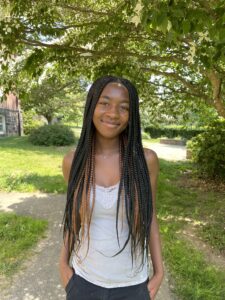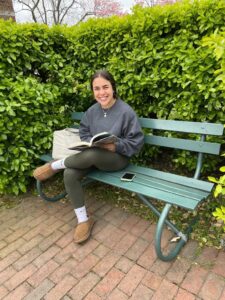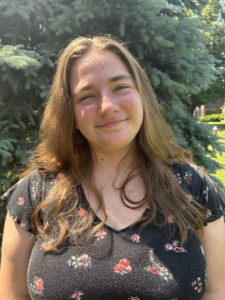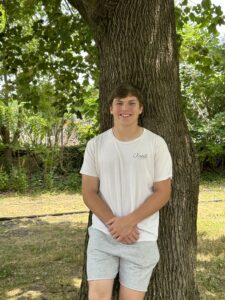Clubs & Organizations
George School students are a diverse bunch, but they also have a lot in common. They’re active, engaged, collaborative, and community-centric. No surprise that they get involved in so many clubs and leadership roles, throwing their hands into wet clay, their bodies into step routines, and their hearts and minds into whatever gets them excited.
If you have a hobby, an interest, a burning passion, chances are that other students share it. There are longtime groups focused on cultural interests, global issues, music and art, and just plain fun stuff. If there isn’t a club for something you love, why not start one? New groups form every year. Take a look below to see a sampling of our clubs here at George School!
|
|
|
|
|
|
|
|
|
|
|
|
|
|
|
|
|
|
|
|
|
|
|
|
|
|
|
|
|
|
|
|
|
|
|
|
|
|
|
|
|
|
|
|
|
|
|
|
|
|
|
|
|
|
|
|
|
|
Student Leadership Positions & Groups
In addition to joining, and potentially leading, campus groups, you can apply for leadership positions. Become a prefect or peer counselor to mentor fellow students. Serve on Student Council, the Discipline Committee, or even the Board of Trustees to work with others for the good of the school. These roles come with plenty of responsibility, but if you’re a “typical” George School student, you’ll be down with it while living up to it.
Discipline Committee (DC)
Six students and three faculty members are selected to serve on the school’s Discipline Committee. Deans, students’ advisors, dorm staff members, day student sponsors, and prefects join them in a three-step process on disciplinary responses to students who break major school rules. Students should expect to be removed from the DC for violating confidentiality.
Drug and Alcohol Coordinating Committee (DACC)
The Drug and Alcohol Coordinating Committee (DACC) is comprised of an equal number of students and adults representing different constituent groups in the school community. The purpose of DACC is:
- To review drug and alcohol issues
- To recommend policy to the faculty for consideration (DACC does not make policy)
- To recommend and assist in coordinating additional educational programs for different groups in the community, including students, faculty, and parents.
One parent representative from the Parents Association attends about four Drug and Alcohol Coordinating Committee meetings a year.
Environmental Stewardship Steering Committee (ESSC)
Guided by Quaker beliefs in stewardship, simplicity, and social justice, George School commits itself to awakening all members of our community to the wonder of the natural world and to our shared responsibility to care for it well. Such are the aims of the Environmental Stewardship Steering Committee. To provide support in the accomplishment of its mission, the ESSC has created seven student leadership positions, two of which are filled by student council members. ESSC student leaders attend ESSC meetings on a regular basis, serve as liaisons between the committee and student groups, assist in the generation of actionable ideas, and help coordinate and carry out committee goals. In addition, ESSC student leaders are expected to act as role models to others in regards to issues of environmental sustainability, letting their lives speak to the importance of developing habits of living that show regard for the natural world in which we all live.
George School Board of Trustees
The school, which is under the spiritual care of the Philadelphia Yearly Meeting, is overseen by the George School Board of Trustees, a group of appointed Quakers, alumni, parents, and friends of the school. In addition to the appointed members of the Board of Trustees, two students and two faculty representatives serve on the board.
International Student Mentors
Peer Group Leaders
Peer Groups, which meet in conjunction with the Essentials of a Friends Community course taken by all freshmen and new sophomores in the fall term, help new students adjust to George School and to the pressures of high school. Faculty and specially selected juniors and seniors lead each group.
Every other week Peer Group leaders run group activities designed to help new students adjust to George School. In the alternate weeks they assist their groups with school service in the kitchen.
Prefects
As senior prefects, students give leadership and support to their peers. Dorm staff members and day student faculty sponsors select prefects for their maturity and their perceived ability to handle the academic and social demands of the senior year at George School. Two prefects live on each hall of every major dorm; day student prefects are based in Marshall Center. All prefects attend in-depth training sessions beginning in the spring of their junior year. Because prefects, like all student leaders, are expected to model positive, rule-abiding, and respectful behavior for other students on campus, prefects who violate a major school rule are generally removed from their prefect position.
Student Activities Board (SAB)
The Student Activities Board is a group of students who have been selected to help create wonderful weekend activities for all boarding and day students. They must be aware of activities in and around the campus as well as hear the suggestions from the current student body of activities that students would like to do or see happen on weekends. These students will also work closely with the faculty and the deans who are on duty for the weekends to insure that activities go smoothly.
Student Council
Each week, day and boarding representatives from each class meet with Student Council faculty sponsors to discuss campus concerns. In addition to nominating students to serve on various school committees, Student Council members act as ambassadors between the student community and the George School faculty and staff.






























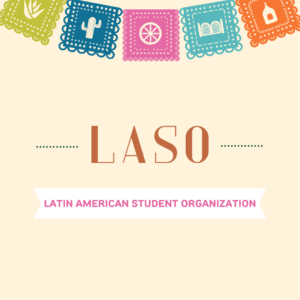











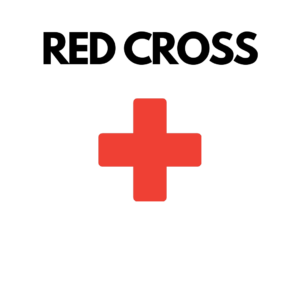

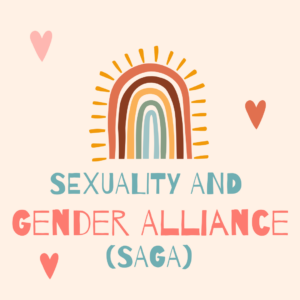
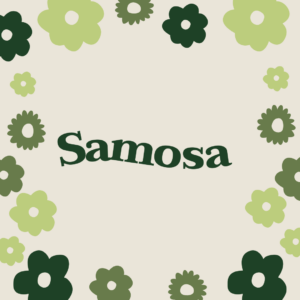
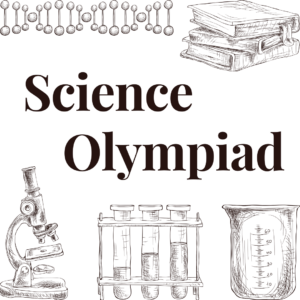
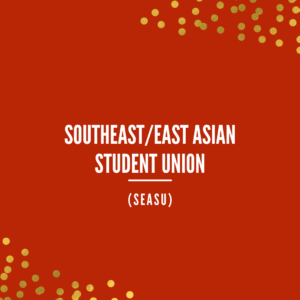

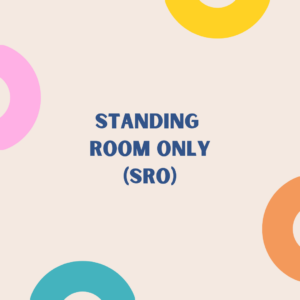
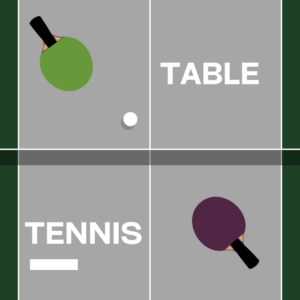

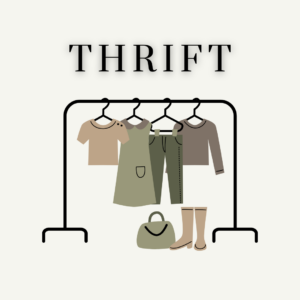
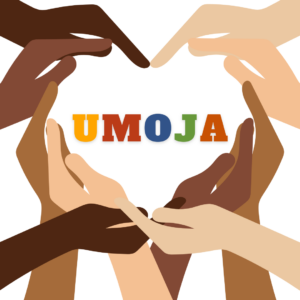

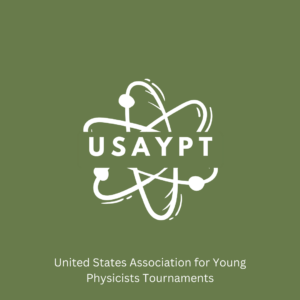

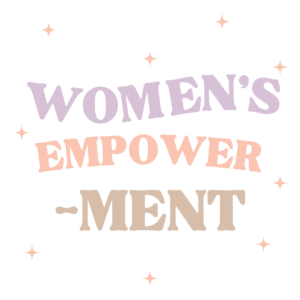
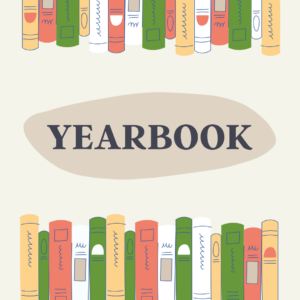
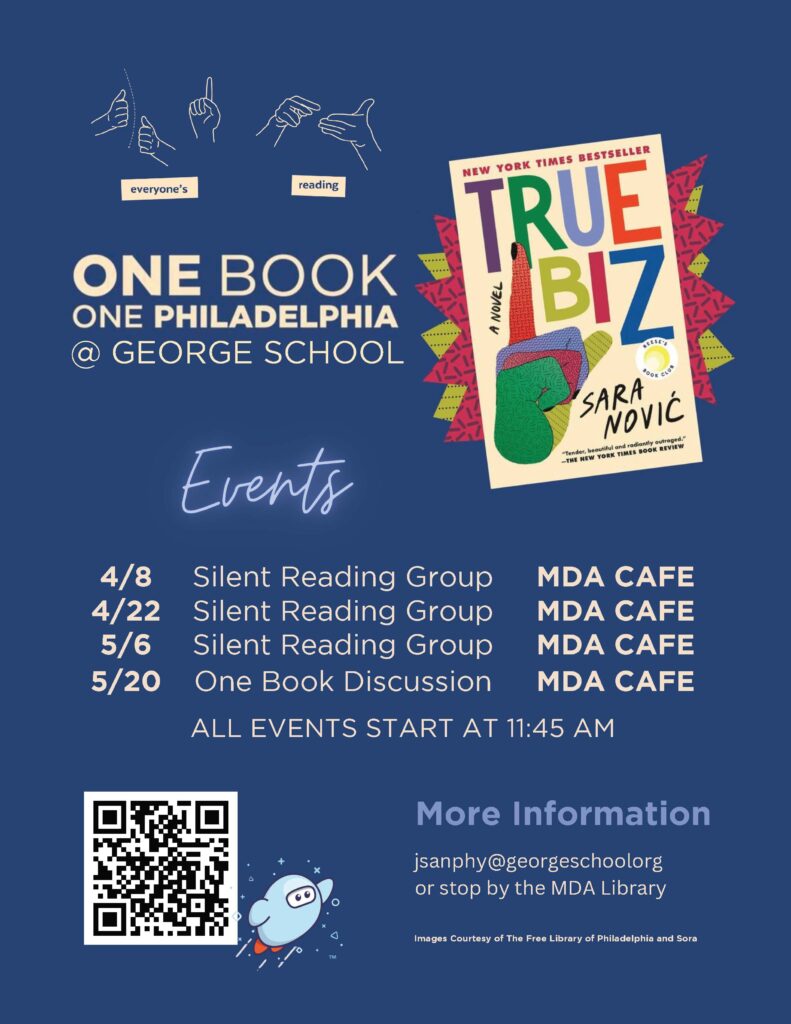
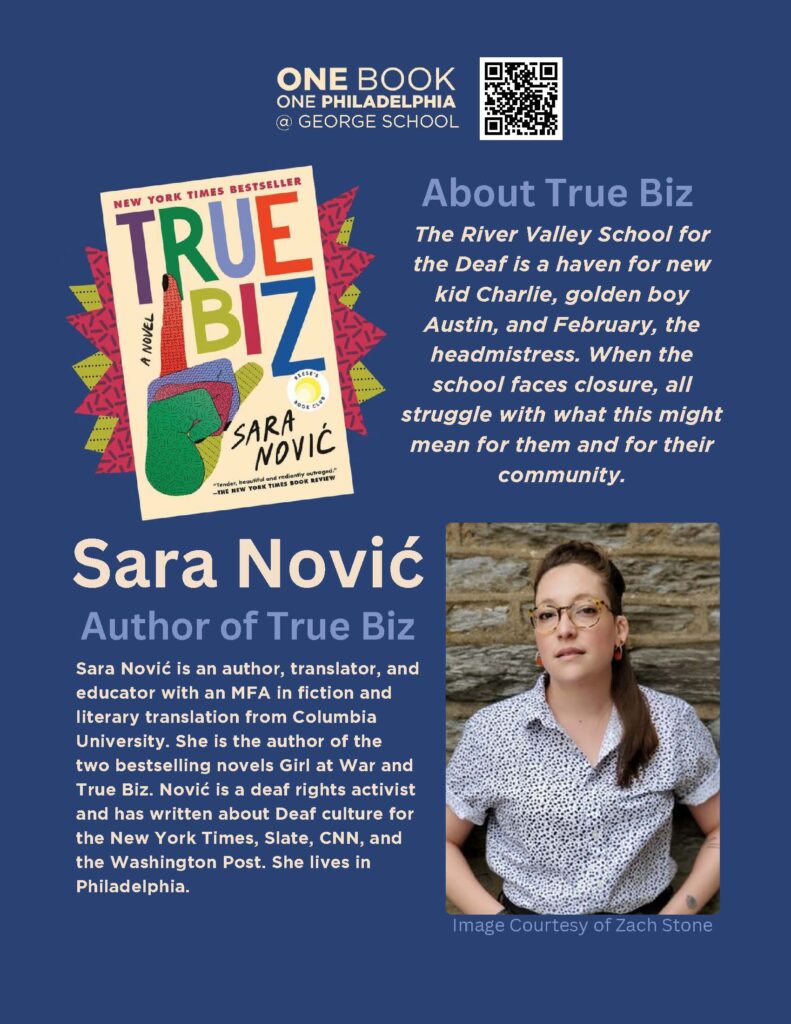

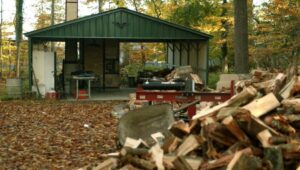

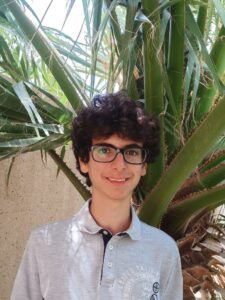 Monastir, Tunisia, and Amman, Jordan
Monastir, Tunisia, and Amman, Jordan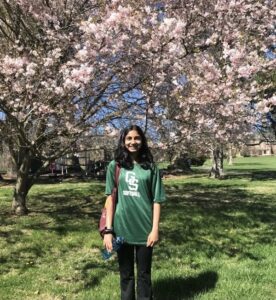 Irvine, CA
Irvine, CA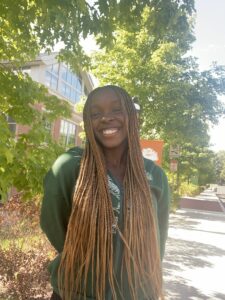 Feasterville-Trevose, PA
Feasterville-Trevose, PA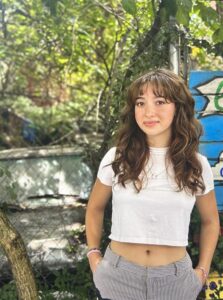 New Hope, PA (Previously NYC)
New Hope, PA (Previously NYC)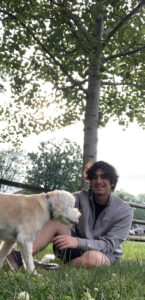 Richboro, PA
Richboro, PA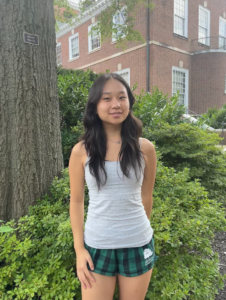 Englewood, NJ
Englewood, NJ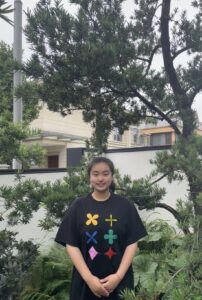 Ningbo, Zhejiang, China
Ningbo, Zhejiang, China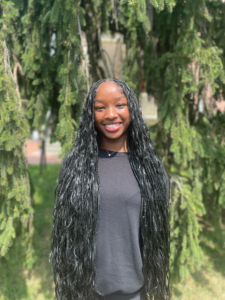 Willingboro, NJ
Willingboro, NJ Yardley, PA
Yardley, PA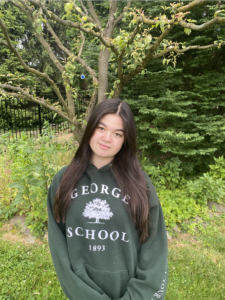 Newtown, PA
Newtown, PA Holicong, PA
Holicong, PA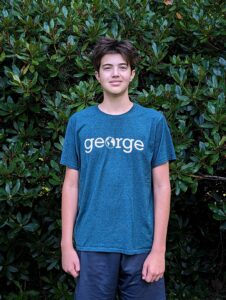 Newtown, PA
Newtown, PA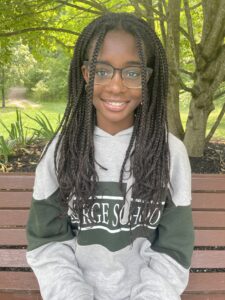 Hamilton, NJ
Hamilton, NJ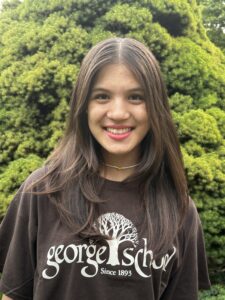 Yardley, PA
Yardley, PA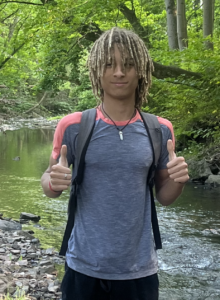 Lambertville, NJ
Lambertville, NJ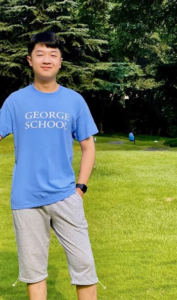 Chongqing, China
Chongqing, China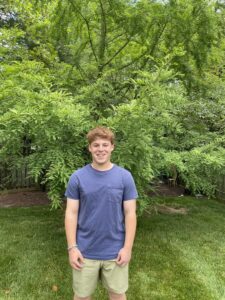 Pennington, NJ
Pennington, NJ Yardley, PA
Yardley, PA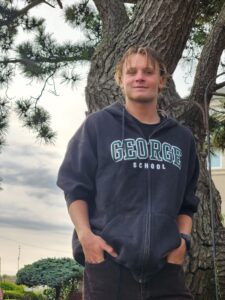 Bensalem, PA
Bensalem, PA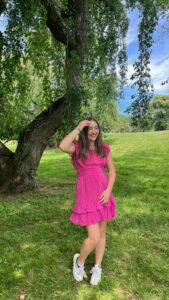 Borgota, Colombia
Borgota, Colombia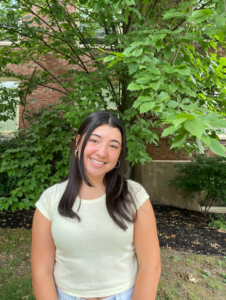 Newtown, PA
Newtown, PA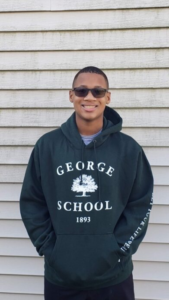 Burlington, NJ
Burlington, NJ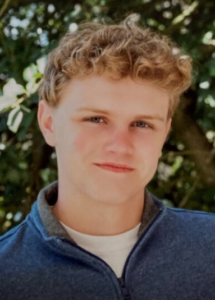 Langhorne, PA
Langhorne, PA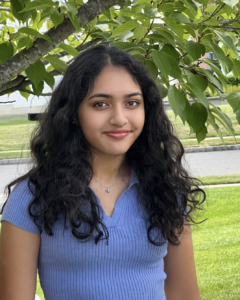 Princeton, NJ
Princeton, NJ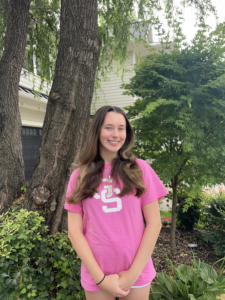 Langhorne, PA
Langhorne, PA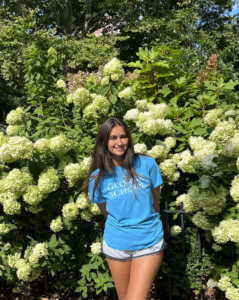 New York City, NY
New York City, NY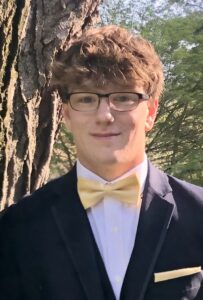 New Hope, PA
New Hope, PA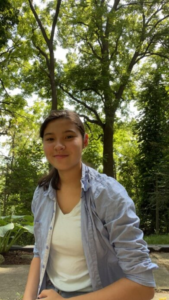 St. Catharines, Ontario, Canada
St. Catharines, Ontario, Canada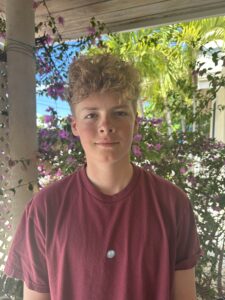 Providenciales, Turks and Caicos Islands
Providenciales, Turks and Caicos Islands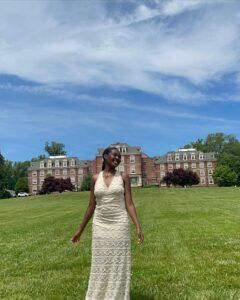 Willingboro, NJ
Willingboro, NJ Princeton, NJ
Princeton, NJ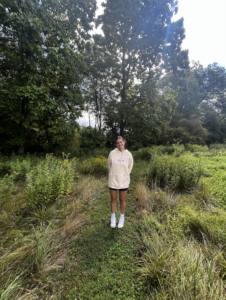
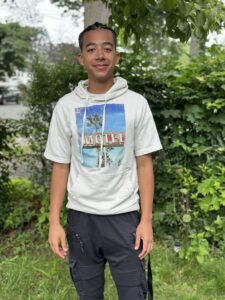 Newark, NJ
Newark, NJ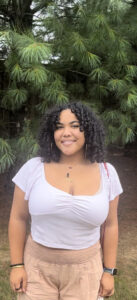 Trenton, NJ
Trenton, NJ Newtown, PA
Newtown, PA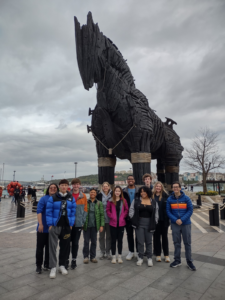
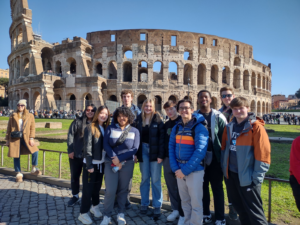
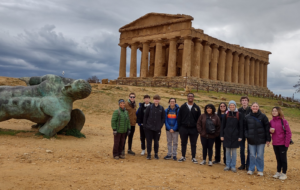
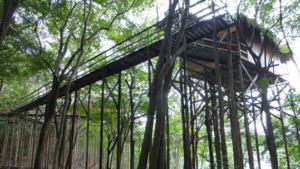
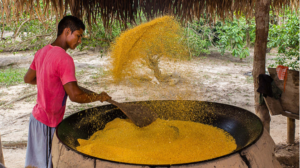


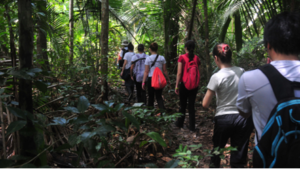
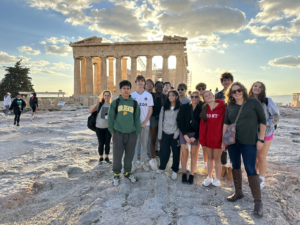
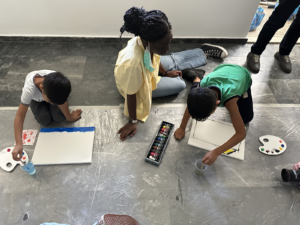
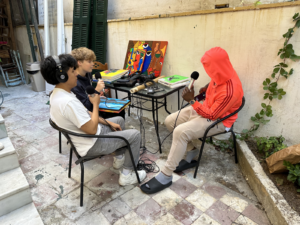
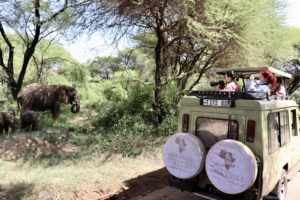
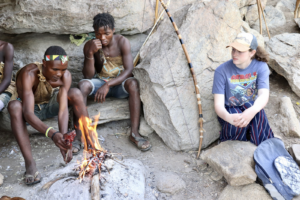
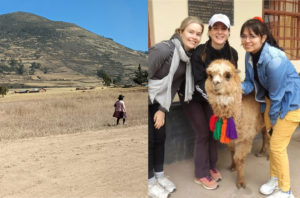
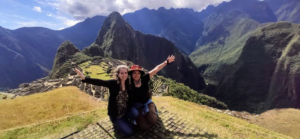
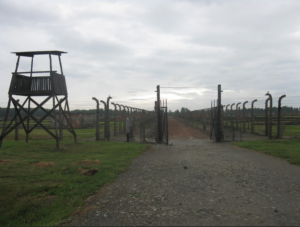
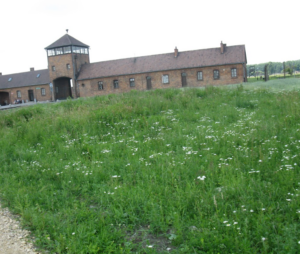
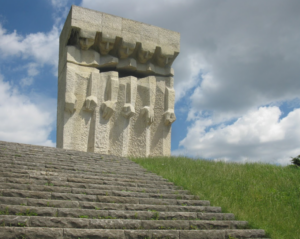
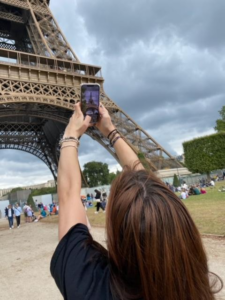
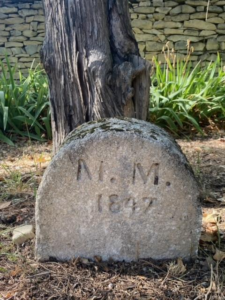
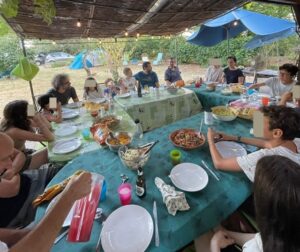
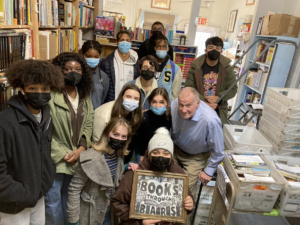
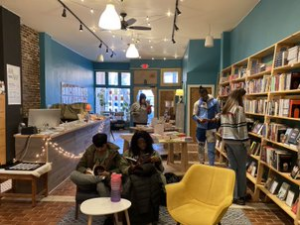
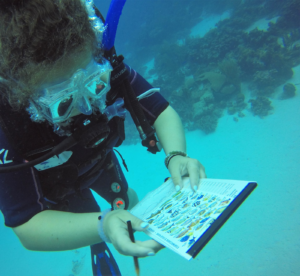
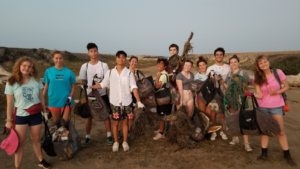
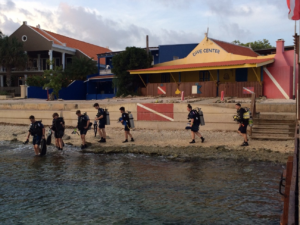
 Lawrence, NJ
Lawrence, NJ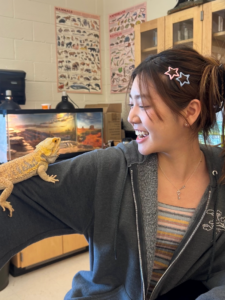 Seoul, South Korea
Seoul, South Korea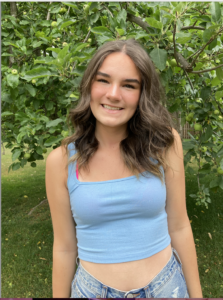
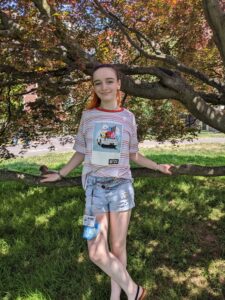 Milwaukee, Wisconsin
Milwaukee, Wisconsin Pennington, NJ
Pennington, NJ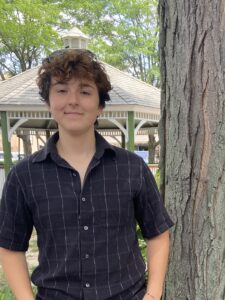 Jenkintown, PA
Jenkintown, PA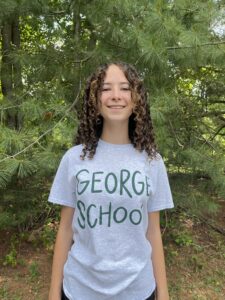 Ottsville, PA
Ottsville, PA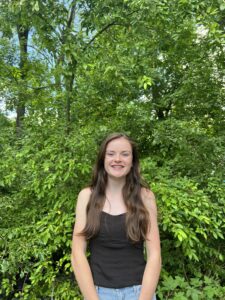 Yardley, PA
Yardley, PA Providenciales, Turks and Caicos Islands
Providenciales, Turks and Caicos Islands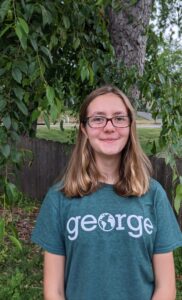 Hopewell, NJ
Hopewell, NJ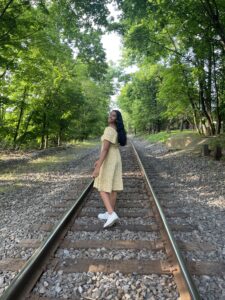
 Pottstown, PA
Pottstown, PA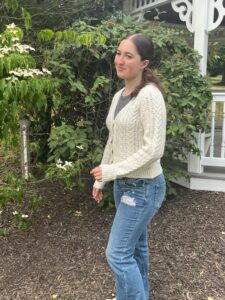 Playa del Carmen, Quintana Roo, México
Playa del Carmen, Quintana Roo, México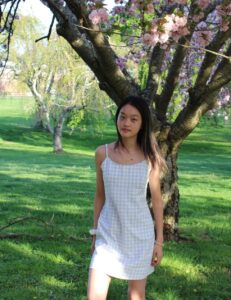 Shanghai, China
Shanghai, China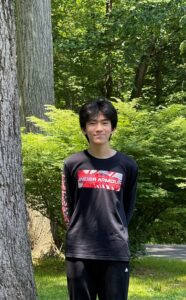 Beijing, China
Beijing, China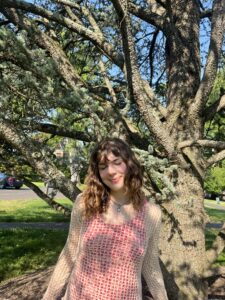 Yardley, PA
Yardley, PA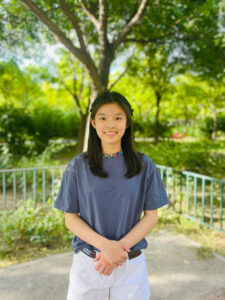 Beijing, China
Beijing, China Holland, PA
Holland, PA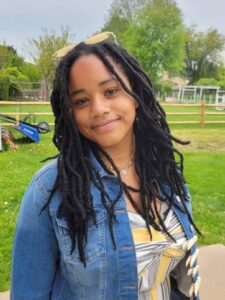 Langhorne, PA
Langhorne, PA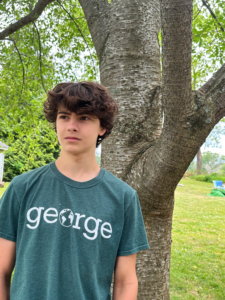 Ringoes, NJ
Ringoes, NJ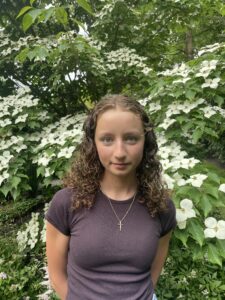 New Hope, PA
New Hope, PA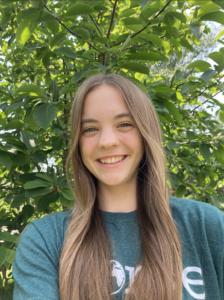 Dreshner, PA
Dreshner, PA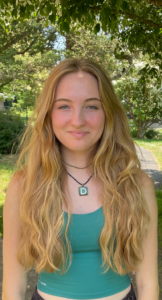 Yardley, PA
Yardley, PA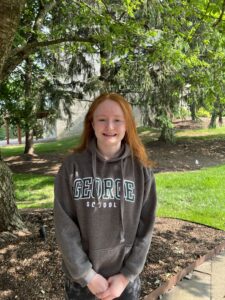 Yardley, PA
Yardley, PA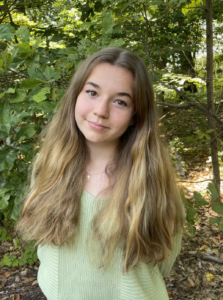 PA
PA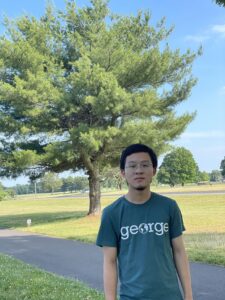

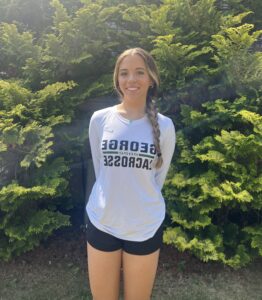
 Xi’an, China
Xi’an, China